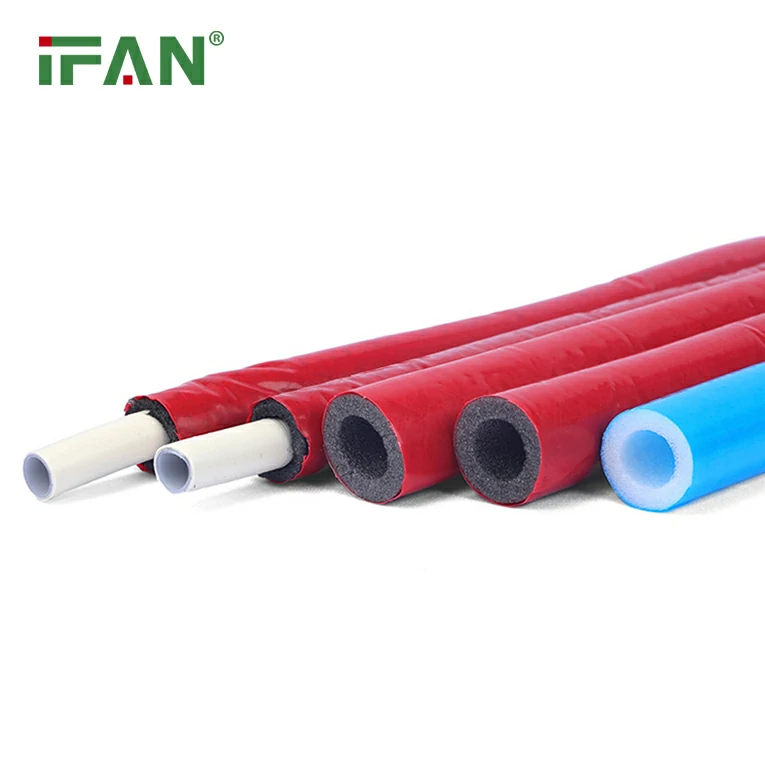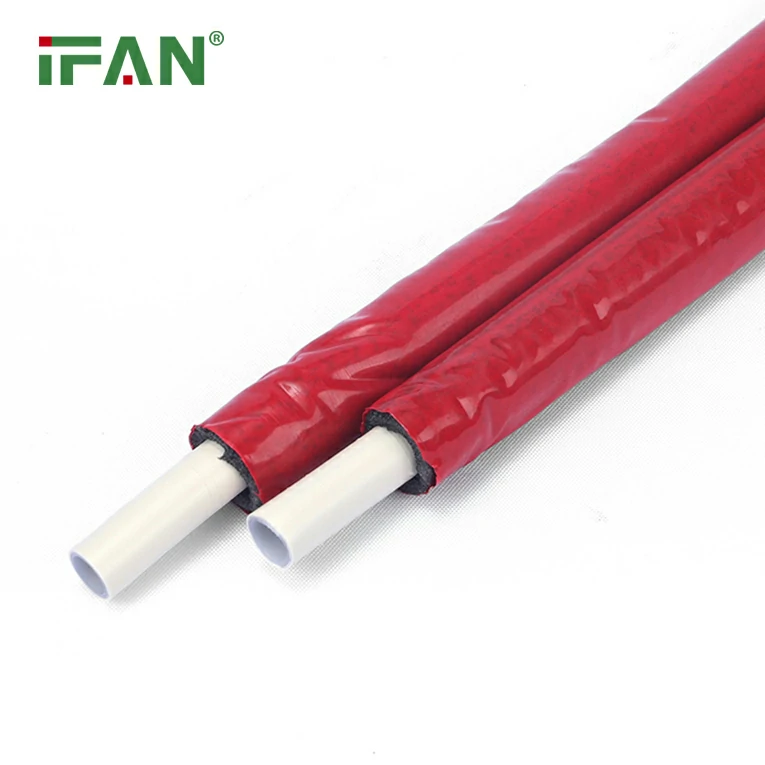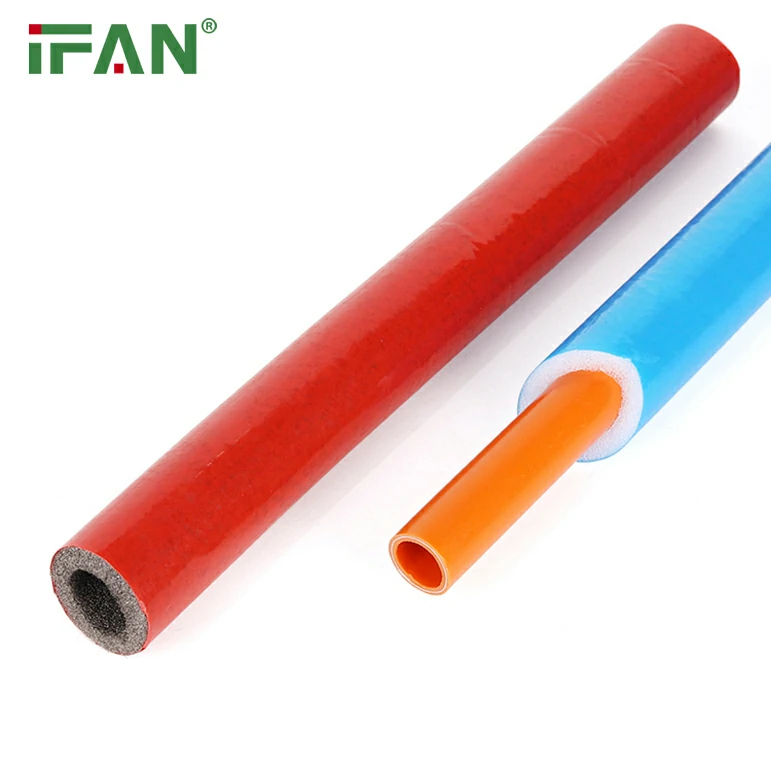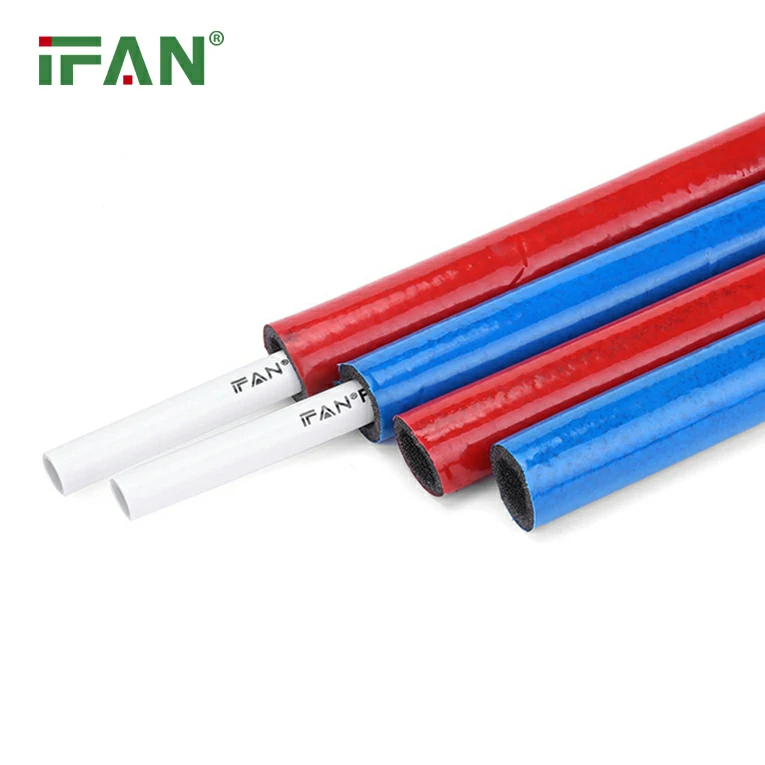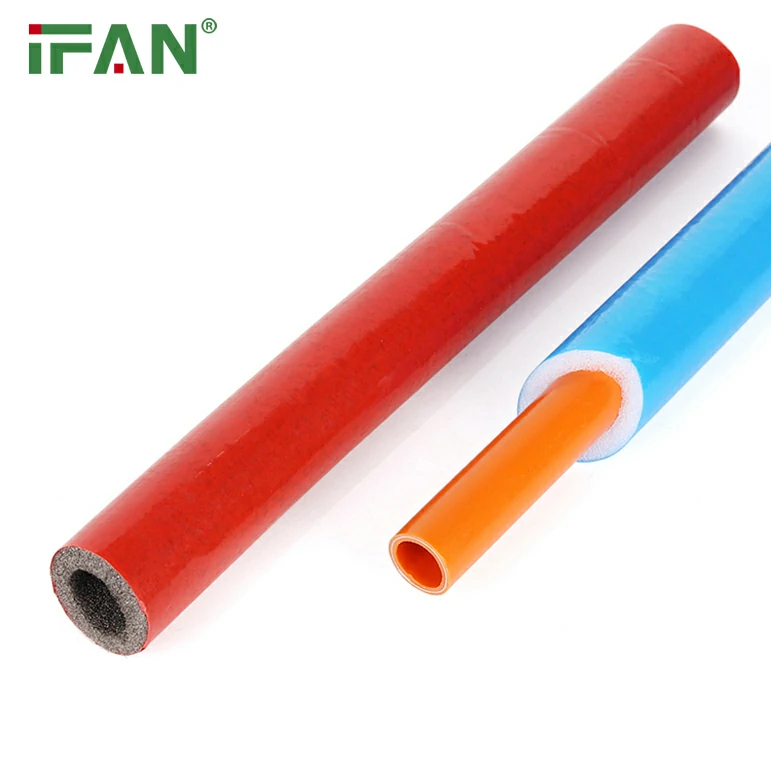Introduction
In the ever-evolving world of plumbing and sanitation, the demand for reliable and efficient materials is paramount. Among these, PPR (Polypropylene Random Copolymer) pipes have gained significant popularity due to their numerous advantages in water supply and sanitation systems. Zeryihun Yilma, a prominent name in the industry, has been at the forefront of providing high-quality PPR pipes and sanitary materials. This article explores the features, benefits, applications, and market trends surrounding Zeryihun Yilma’s PPR pipes, emphasizing their role in modern water management solutions.
Understanding PPR Pipes
What Are PPR Pipes?
PPR pipes are made from polypropylene random copolymer, a thermoplastic polymer known for its durability, corrosion resistance, and lightweight nature. These pipes are widely used in plumbing, heating, and cooling systems, making them an ideal choice for water supply applications. The unique properties of PPR pipes make them suitable for both residential and industrial uses.
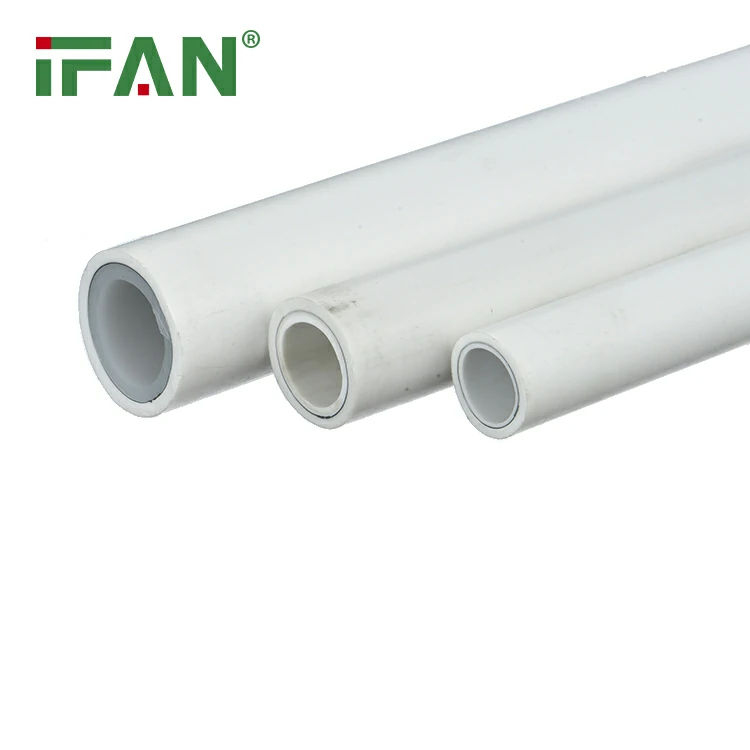
Key Features of PPR Pipes
- Durability: PPR pipes are designed to withstand harsh environmental conditions, ensuring a long service life. They are resistant to chemicals and corrosion, which is crucial for water supply applications.
- Temperature Resistance: PPR pipes can handle high temperatures, making them suitable for hot and cold water systems. They can withstand temperatures up to 95°C (203°F), ensuring reliability in various applications.
- Lightweight: Compared to traditional materials like metal, PPR pipes are significantly lighter, making them easier to transport and install.
- Cost-Effective: With low maintenance costs and a long lifespan, PPR pipes offer a cost-effective solution for water supply systems.
- Environmentally Friendly: PPR pipes are recyclable and free from harmful chemicals, aligning with sustainable building practices.
The Role of Zeryihun Yilma in the PPR Pipe Market
Company Overview
Zeryihun Yilma is a leading manufacturer and supplier of PPR pipes and sanitary materials, known for its commitment to quality and innovation. The company has established itself as a trusted name in the plumbing industry, offering a wide range of products designed to meet the needs of various applications.
Product Range
Zeryihun Yilma’s product range includes:
- PPR Pipes: Available in various sizes and pressure ratings, suitable for both residential and industrial applications.
- Fittings and Accessories: A comprehensive selection of fittings, valves, and connectors designed to complement PPR pipes.
- Sanitary Materials: High-quality sanitary products that ensure hygiene and efficiency in plumbing systems.
Quality Assurance
Zeryihun Yilma places a strong emphasis on quality assurance, adhering to international standards and certifications. The company’s manufacturing processes are equipped with advanced technology, ensuring that every product meets stringent quality requirements. This commitment to quality has earned Zeryihun Yilma a loyal customer base and a strong reputation in the market.
The Growing Demand for Water Pipes in India
Urbanization and Infrastructure Development
India is experiencing rapid urbanization, with millions of people migrating to cities in search of better living conditions. This urban influx has led to an increased demand for efficient water supply systems and infrastructure development. The Indian government has launched several initiatives aimed at improving water supply and sanitation facilities, creating opportunities for companies like Zeryihun Yilma.
Water Quality Concerns
Water quality is a significant issue in India, with many regions facing challenges related to contamination and pollution. The need for safe and clean drinking water has become a priority for the government and citizens alike. PPR pipes, with their corrosion resistance and non-toxic properties, can help address these concerns, making them an attractive option for water management applications.
Government Regulations and Standards
The Indian government has implemented strict regulations regarding water quality and safety. Compliance with these standards is essential for manufacturers and suppliers in the plumbing industry. Zeryihun Yilma’s PPR pipes, which meet international quality standards, provide a solution that aligns with regulatory requirements, further driving their adoption in the market.
Market Trends for PPR Pipes in India
Increasing Adoption in Residential Plumbing
As homeowners become more aware of the importance of water quality and plumbing efficiency, the demand for reliable plumbing solutions has risen. Zeryihun Yilma’s PPR pipes are gaining popularity in residential applications due to their durability, resistance to corrosion, and ability to maintain water quality. Builders and contractors are increasingly recommending these pipes for new construction and renovation projects.
Industrial Applications
The industrial sector in India is also witnessing a growing demand for PPR pipes. Industries such as food and beverage, pharmaceuticals, and chemical processing require reliable piping solutions that can withstand harsh conditions and maintain product integrity. The advantages of Zeryihun Yilma’s PPR pipes make them suitable for these demanding applications, driving their adoption in the industrial sector.
Investment in Infrastructure Projects
The Indian government has committed to investing heavily in infrastructure projects, including water supply systems and wastewater treatment facilities. This investment is expected to create a favorable environment for the adoption of advanced piping solutions like Zeryihun Yilma’s PPR pipes. Manufacturers and suppliers are likely to benefit from increased demand as these projects progress.
Technological Advancements
Advancements in manufacturing technologies are enhancing the quality and performance of PPR pipes. Innovations in production processes and materials are leading to the development of pipes that are not only more durable but also more cost-effective. Zeryihun Yilma is actively investing in research and development to stay ahead of market trends and cater to evolving consumer needs.
Challenges Facing the PPR Pipe Market
Competition from Alternative Materials
Despite their advantages, PPR pipes face competition from alternative materials such as traditional copper pipes, PVC, and HDPE (High-Density Polyethylene). Each material has its benefits, and manufacturers must effectively communicate the unique advantages of PPR pipes to gain market share.
Cost Considerations
The initial cost of PPR pipes may be higher than that of traditional materials. While the long-term benefits and reduced maintenance costs can offset this initial investment, price sensitivity among consumers and contractors may pose a challenge to widespread adoption.
Regulatory Compliance
Ensuring compliance with local and international regulations is crucial for manufacturers of PPR pipes. Navigating the complex regulatory landscape can be challenging, particularly for smaller companies. Zeryihun Yilma must continue to invest in quality assurance processes and certifications to meet regulatory requirements.
Future Prospects for Zeryihun Yilma’s PPR Pipes
Increasing Demand for Sustainable Solutions
As environmental concerns continue to rise, the demand for sustainable and eco-friendly plumbing solutions is expected to grow. Zeryihun Yilma’s PPR pipes, being recyclable and free from harmful chemicals, are well-positioned to meet this demand. The company’s commitment to sustainability in its production processes will likely give it a competitive advantage in the market.
Expansion into Emerging Markets
The growing urbanization in smaller cities and rural areas presents an opportunity for Zeryihun Yilma’s PPR pipes. As infrastructure development expands beyond major urban centers, the company can target these emerging markets to increase its customer base.
Government Support and Initiatives
The Indian government’s focus on improving water management systems and promoting the use of advanced materials will drive the demand for Zeryihun Yilma’s PPR pipes. Initiatives aimed at enhancing water quality and safety will create a favorable environment for manufacturers and suppliers in the plumbing industry.
Technological Innovations
Ongoing advancements in manufacturing technologies will enhance the quality and performance of Zeryihun Yilma’s PPR pipes. The company’s investment in research and development will ensure that it remains at the forefront of innovation, catering to evolving market needs and consumer preferences.
Conclusion
Zeryihun Yilma’s PPR pipes and sanitary materials play a crucial role in addressing the growing demand for reliable water management solutions in India. With their unique combination of durability, corrosion resistance, and eco-friendliness, PPR pipes are well-positioned to meet the challenges of modern plumbing systems. As the market continues to evolve, Zeryihun Yilma is poised for significant growth, driven by urbanization, infrastructure development, and increasing concerns about water quality.
Frequently Asked Questions (FAQs)
1. What are PPR pipes used for?
PPR pipes are used for various applications, including residential plumbing, industrial fluid transport, heating systems, irrigation, and water distribution networks.
2. What advantages do Zeryihun Yilma’s PPR pipes offer?
Zeryihun Yilma’s PPR pipes offer durability, corrosion resistance, temperature tolerance, ease of installation, and eco-friendliness, making them a preferred choice for plumbing solutions.
3. How long do PPR pipes last?
PPR pipes have a lifespan of over 50 years, making them a durable and cost-effective choice for long-term applications.
4. Are Zeryihun Yilma’s PPR pipes environmentally friendly?
Yes, Zeryihun Yilma’s PPR pipes are recyclable and free from harmful chemicals, contributing to sustainable building practices.
5. How does Zeryihun Yilma ensure the quality of its products?
Zeryihun Yilma adheres to international quality standards and employs advanced manufacturing processes to ensure that every product meets stringent quality requirements.

